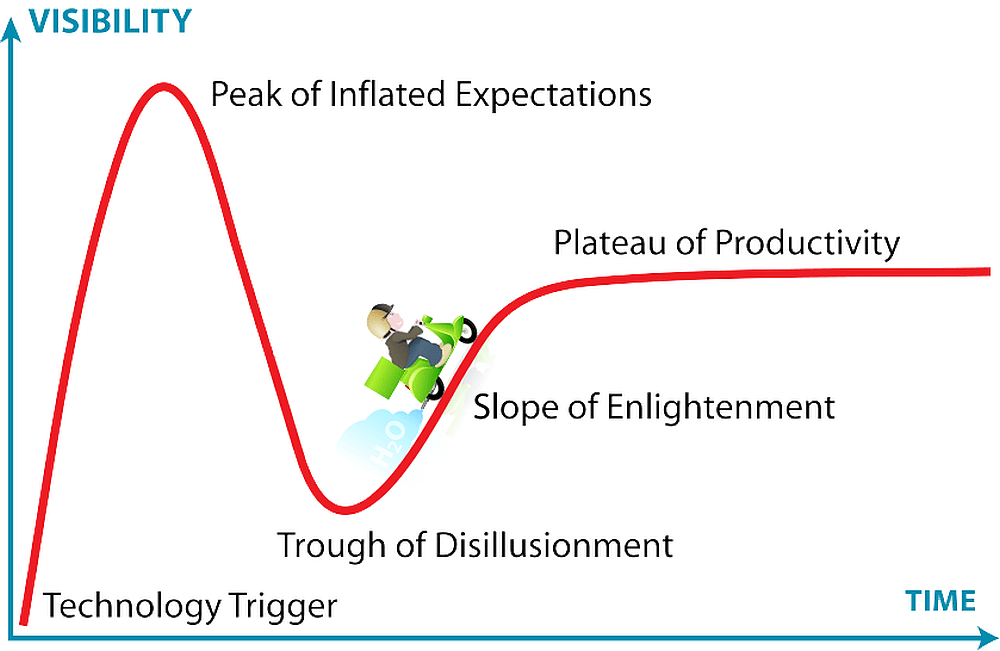$
While I am on the subject about DOE’s misguided concern about decreasing the risk of fraud with its Recovery Act Funding, I see that Matthew Iglesias has also weighed-in on the same topic:
“[I]t’s worth noting that the Obama administration’s obsession with avoiding waste and fraud in American Recovery and Reinvestment Act spending has arguably been counterproductive policy.
After all, what you’re ideally trying to do with stimulus funds is mobilize genuinely idle resources to go do something useful. But that can be a bit tricky. And as a second-best alternative, as long as the resources you’re mobilizing are genuinely idle then you’re helping to fight the recession even if your initiative isn’t all that useful in a conventional sense. Almost nothing is totally useless, and the mobilizing of resources will raise incomes and therefore demand for whatever it is that the market determines the income-earners want. But this can easily look like “waste.”
The other thing is that it’s obvious to everyone in a private sector context that the costs of fraud-prevention sometimes exceed the costs of fraud. At CAP, for example, there’s no system in place to prevent people from using the office printer for personal activities. Similarly, you can just walz into the copy room and poach some envelops. And, indeed, fraud and abuse of this sort do take place. But while it wouldn’t be beyond the intellectual capacity of CAP’s senior leadership to design a system to prevent this, preventing the fraud and abuse wouldn’t actually be worthwhile. If you try to do 100 projects well and quickly, you might find out that only 90 of them actually get done well. That might be ten instances of waste. But if the alternative is to avoid all the waste but only get 70 projects done at medium speed, that might be worse.
CTT Categories
- Energy
- Market Insights
Related Posts
Hype cycles: The uphill climb for hydrogen bikes
June 26, 2025


